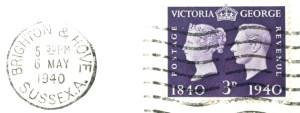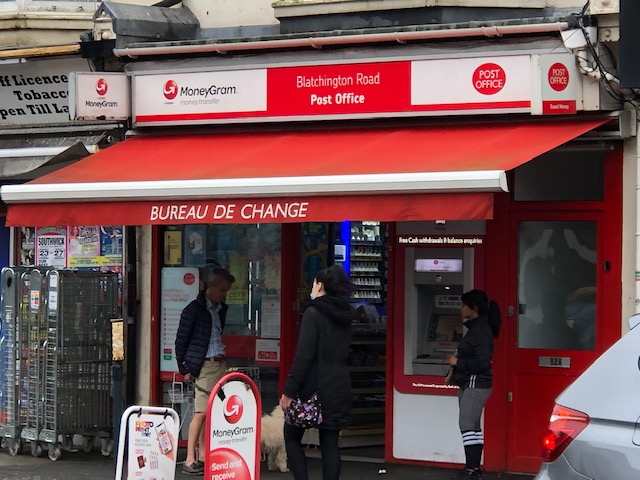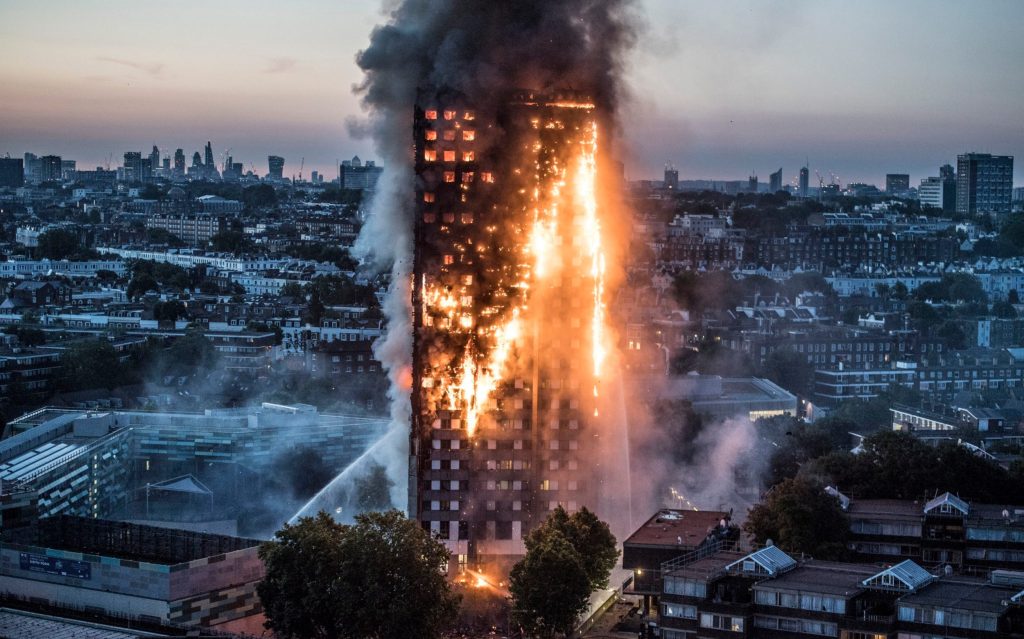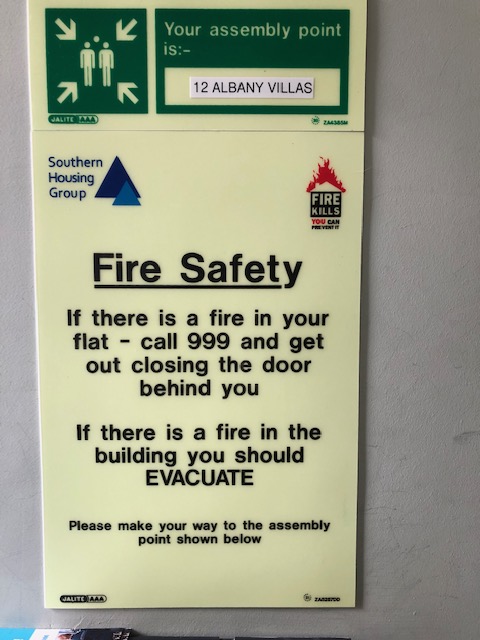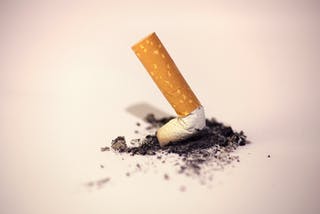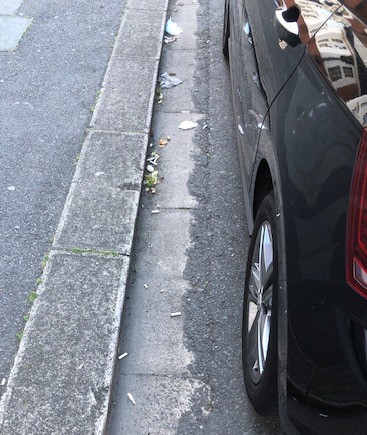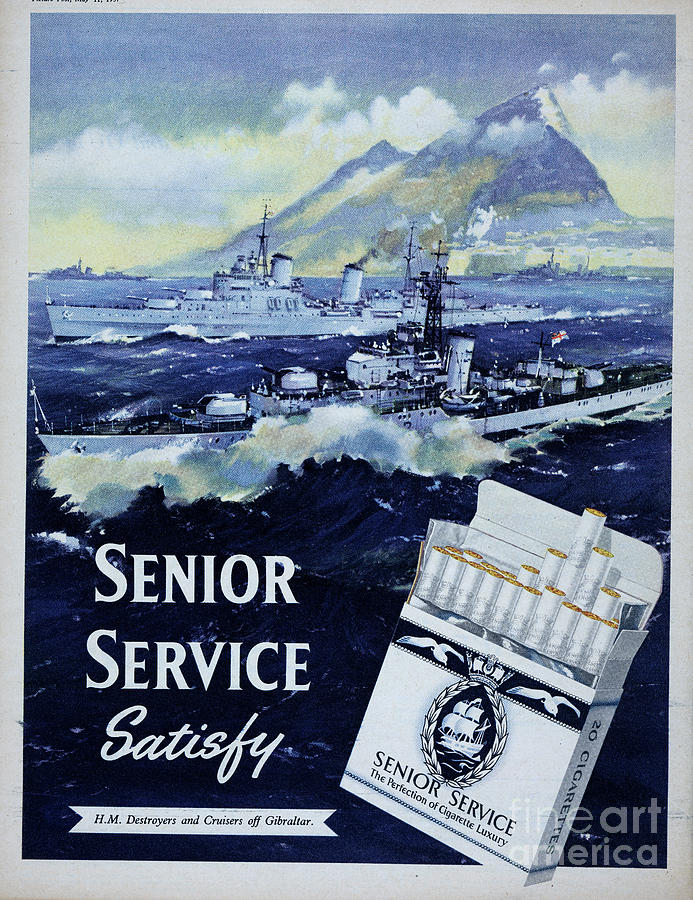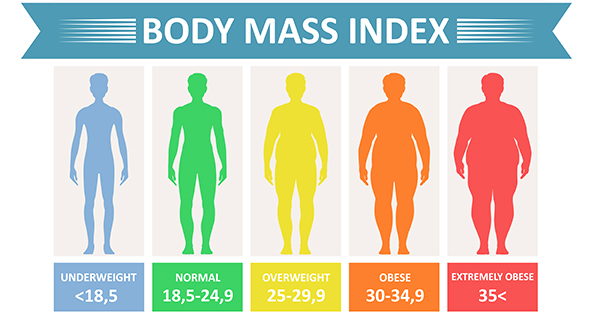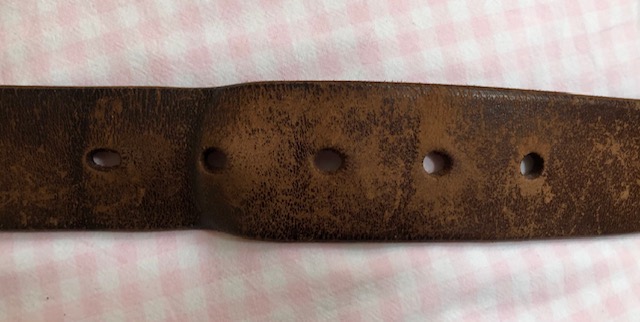Dawn! The very word unlocks a kaleidoscope of colours, of images, of emotions, this description of the very start of a day. We think of the dawn as exquisite, breathtaking, special, soft, natural, glorious and I have photographs stretching back over the years of the same event, dawn, although probably have more of the end of the day, of sunset, because I am more likely to be awake! Most of us welcome it, this new start, this new day; in fact Nina Simone even sang about it in her hit ‘Feeling Good’ – “It’s a new dawn, it’s a new day, it’s a new life for me, yeah!” and James Blunt described it as ‘beautiful’!

Flying from Singapore to Melbourne
Seems an appropriate title for a postcard when here in the northern hemisphere we celebrated the longest day on Monday, when the sun is overhead the Tropic of Cancer. In Lerwick, the capital of the Shetland Islands, 130 miles north of the Scottish mainland, sunrise was 03.38 and sunset 22.34; here in Hove sunrise was 0447 and 2118, giving Celina and me almost two hours less daylight. I always find this ‘longest day’ always comes as a bit of a surprise, as we have hardly got into ‘summer’ and already the days are getting shorter!!
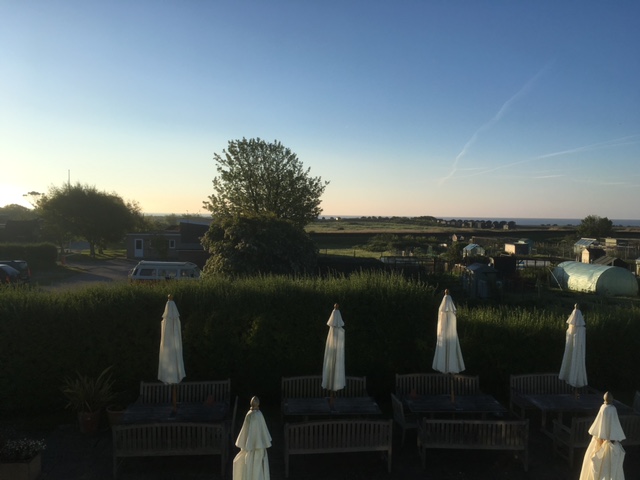
Dawn at The Anchor Warbleswick, Suffolk
You might think a definition of ‘dawn’ is easy – the ‘sun gets up’, with or without its hat. No so! Let’s start with twilight and its three phases.
The first, Astronomical Dawn, occurs when the sun passes the elevation angle of -18 degrees as it ascends towards the horizon before sunrise and a very small portion of its rays begin to permeate the firmament. However, at this point, the twilight is so faint that it is generally indistinguishable from night, especially in areas with light pollution. Astronomers may be unable to observe some of the fainter stars and galaxies as the Sun passes this mark. Militarily darkness allows forces to move into position for a dawn attack, with twilight giving enough light for the start. Conversely defenders will often ‘stand to’ in the hour before dawn, to repel such attacks.
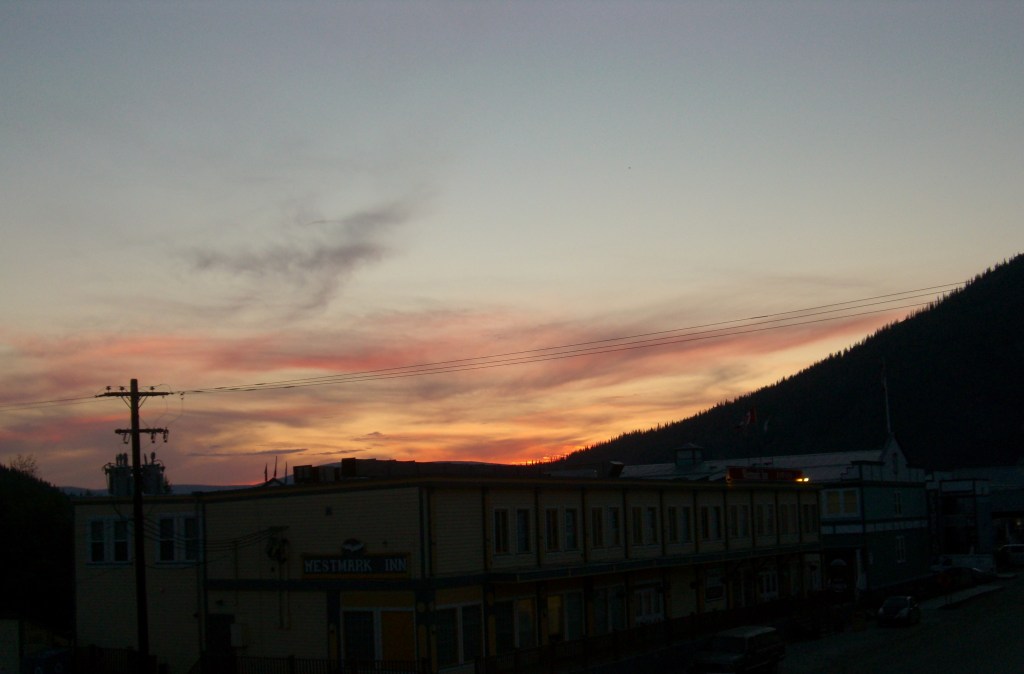
Dawson City on the Yukon River -dawn in 2017
Another six degrees and we come to the Nautical Dawn, when the sky is distinguishable from land or water in clear weather conditions. Having sailed thousands of nautical miles, I can vouch for the fact that the first glimmer of light is always welcome. Lastly Civil Dawn, the brightest instance of dawn, occurs when the geometric centre of the Sun’s disk is 6° below the horizon. (Note1)

If the sky is clear, it is now enveloped in bright orange and yellow colours. At this point, only the brightest stars and planets, like Venus and Jupiter, are visible to the naked eye.

Daybreak is, as it says, when the leading rim of the sun breaks the horizon. Depending where you are on the earth, the time of the year and the thickness of the atmosphere, it can take between 2 and 3 minutes to be fully exposed. It ends as the lower edge of the Sun clears the horizon.

Sunrise over Praia do Rosa at Quinta Bucanero, Brazil
Dawn has been used as a first name, as in the actress Dawn French and one of our yoga chums, Dawn Everton; the association with a baby, new and beautiful, is obvious. It’s also the title of the largest and oldest English-language newspaper in Pakistan. It first came off the print rollers in 1941 and is the flagship publication of the Dawn Group of Newspapers.
As the beginning of a new day, dawn has a special significance in many of the world’s religions. However, the definition of the term varies from one faith and religious community to another. For example, Muslims are required to offer the Fajr prayer, which is one of the five obligatory daily prayers in Islam constituting one of the Five Pillars of the Islamic faith, during the morning twilight period. The Jewish Holy Scripture also dictates dawn as a time for prayer; but the Talmud defines dawn as the moment 72 minutes before sunrise, which conflicts with the scientific definitions!
Our poets are a little parsimonious with the word! Surprisingly for a word that is so often in our conscious brain there are few. There is the C17th proverb ‘The darkest hour is just before dawn’ which was famously used by Emmylou Harris in her song. The Greek poet Homer wrote of ‘when rosy-fingered dawn, child of the morning appeared’ and Oscar Wilde in ‘The Harlot’s House’ described it as ‘down the long and silent street, the dawn, with silver-sandaled feet, crept like a frightened girl’. The English poet John Milton wrote: ‘to hear the lark begin his flight, and singing startle the dull night, from his watch-tower in the skies, ‘till the dappled dawn doth rise.’
The Dawn Chorus occurs when birds sing, starting as soon as they perceive a lightening of the sky at the start of a new day. In temperate countries this is most noticeable in spring when the birds are either defending a breeding territory, trying to attract a mate, or calling in the flock.
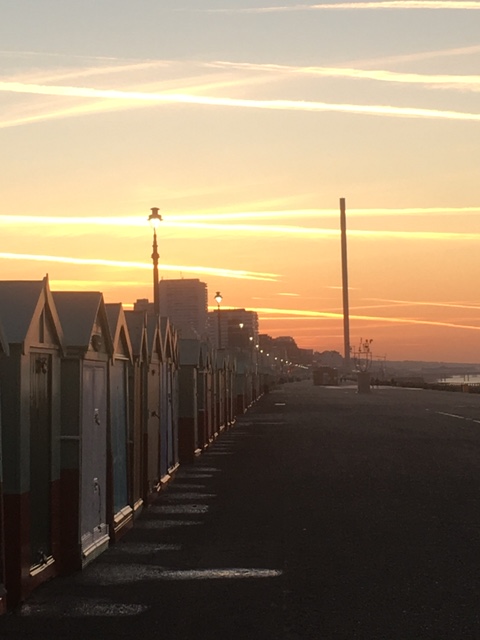
Dawn over Hove beach huts
Red skies at dawn often herald a change in the weather, particularly if the weather comes predominately from the west. A red sky appears when dust and small particles are trapped in the atmosphere by high pressure. This scatters blue light, leaving only red light to give the sky its notable appearance. At sunset it is a sign of a high pressure system to come; at dawn it suggests the system has passed through and unsettled, wet weather is more lightly. Dawn can be wet and cloudy with no sight of the rising sun, as occurred at this year’s Summer Solstice at Stonehenge.
And at the opposite end of the day, the one started by dawn, we have a glorious sunset.
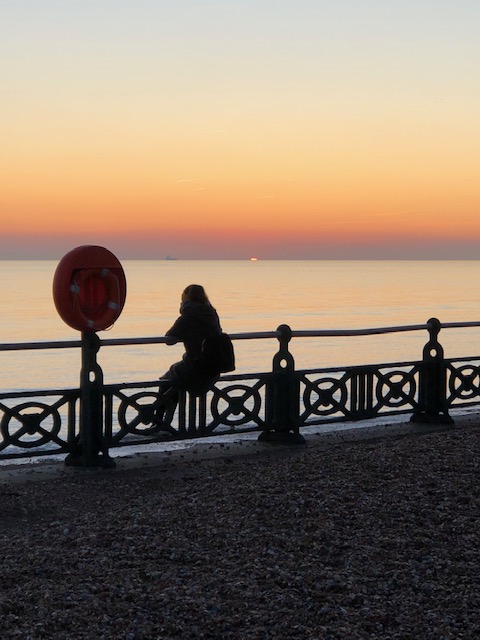
Richard 25th June 2021
Note 1 Yesterday I saw that astrologers have determined that stars started forming some 250 million years after the Big Bang, itself some 13 billion years ago. So after the darkness came light, ‘Let there be light’, and that’s the Cosmic Dawn.
Note 2 It dawned on me I have not mentioned the Dawn of Civilisation; sorry …. ran out of space.
